How to set up parental controls - keep your kids safe online
Take full control of your broadband connection ensuring your kids can keep connected and safe at the same time

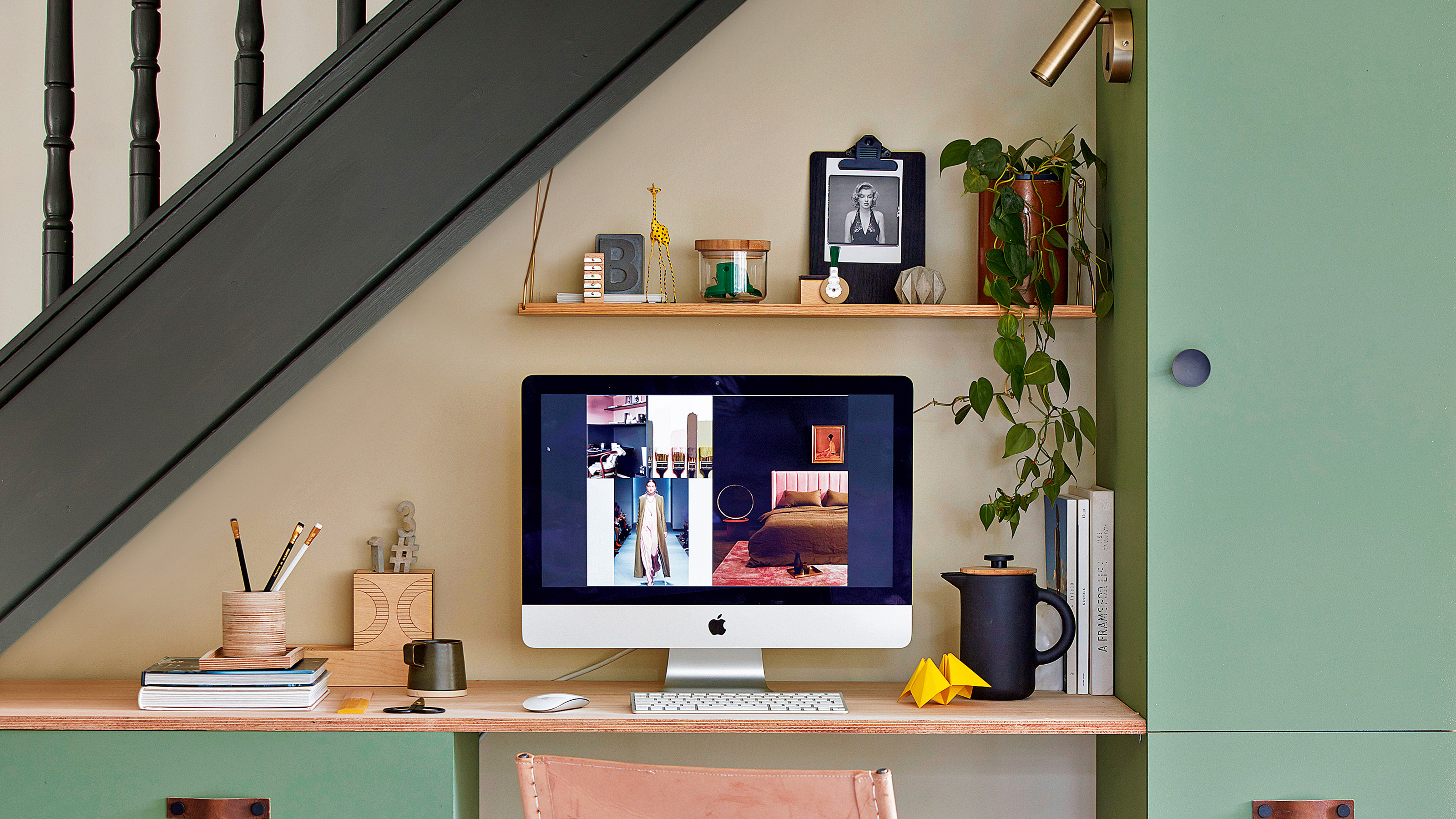
Sign up to our newsletter for style inspiration, real homes, project and garden advice and shopping know-how
You are now subscribed
Your newsletter sign-up was successful
These days, if you have children, setting parental controls on your home's tech is essential. As tech becomes more commonplace in day-to-day life and smart home trends are being adopted into our homes, the issue of online safety will always be a concern.
All internet service providers (ISPs) should have parental controls built into their systems. The majority of devices and streaming services will do, too. These can be as simple as setting a password or introducing PIN protection, to a far more sophisticated variety of security features that you can control, as and when required.
Don’t know where to start or what’s available? Read on to discover the options…
Where to find parental controls
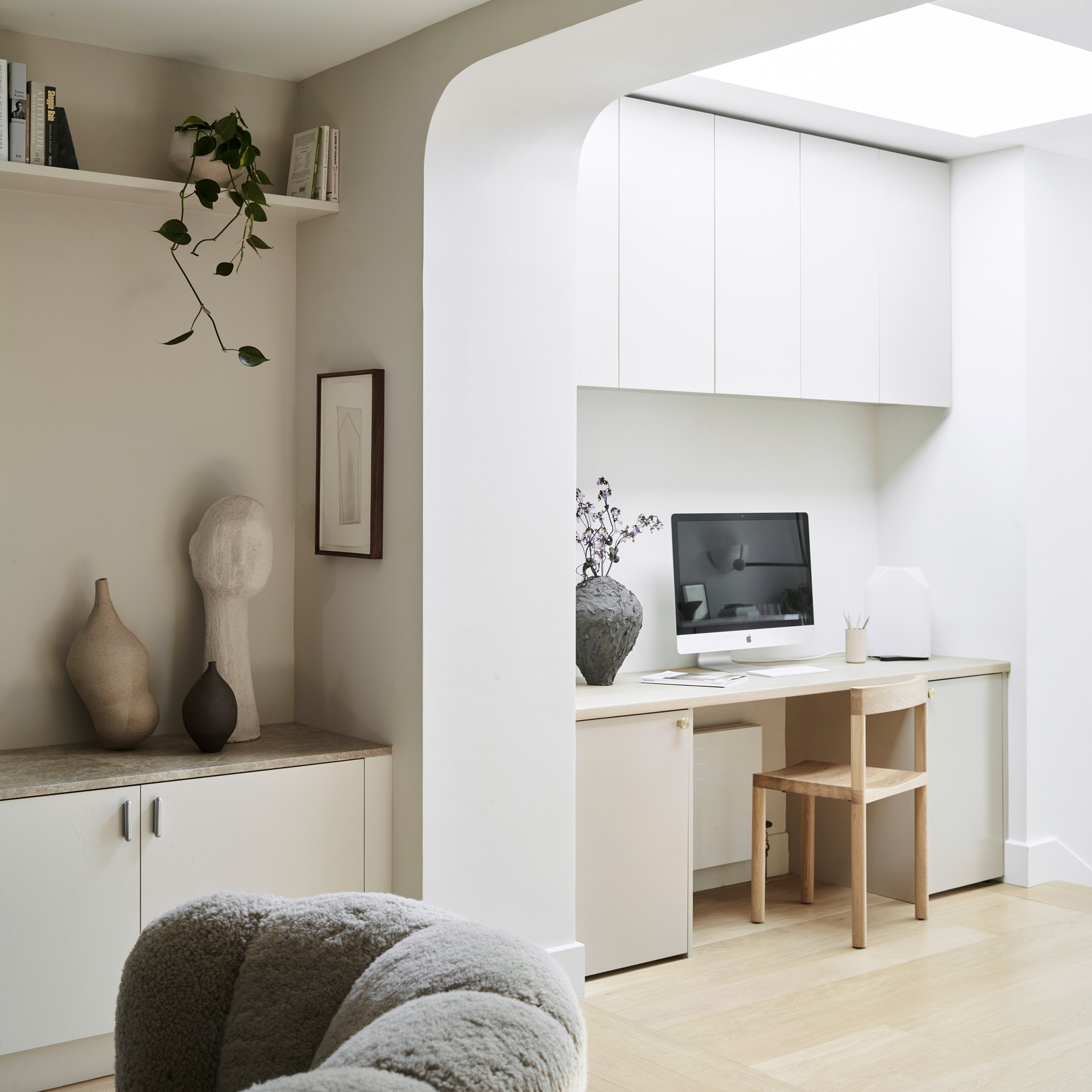
These days, every device will have some element of parental control functionality built in. From games consoles to smartphones and tablets, every piece of tech your child has access to should have some protection added for peace of mind.
On a device like a tablet or games console, always head straight to Settings. Depending on the device, you can restrict any in-app or online purchases, set timers so your child can’t use the device 24-7, and/or put age restrictions on specific content access.
Mobile providers will also offer filters on smartphone access, so even if they’re not home, your kids will be protected anywhere they are.
What about Wi-Fi?
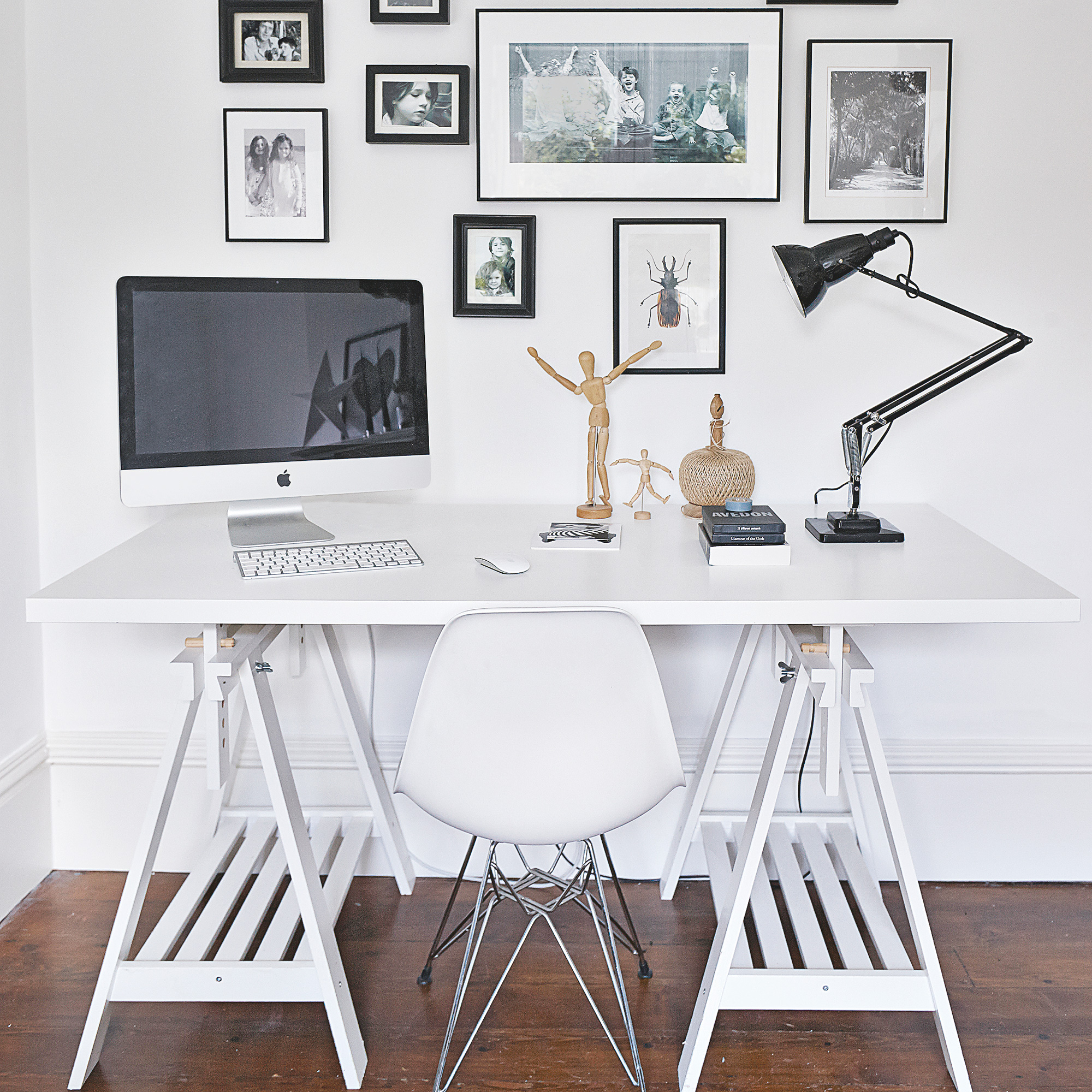
Now, you can't control every piece of tech that makes it into your home and into your teenage bedroom ideas, so to ensure a broader sweep of security, you can set parental controls on your Wi-Fi access at home.
Sign up to our newsletter for style inspiration, real homes, project and garden advice and shopping know-how
This is best done through your ISP so that anything that is using your signal - from laptops to consoles, and any handheld devices - can be limited, filtering access to any sites with unsuitable content, or setting specific time limits.
To access these, you’ll need to either login to your account via your provider's homepage (or via the companion app), search for ‘parental controls’ and follow the step-by-step instructions.
Varying restrictions
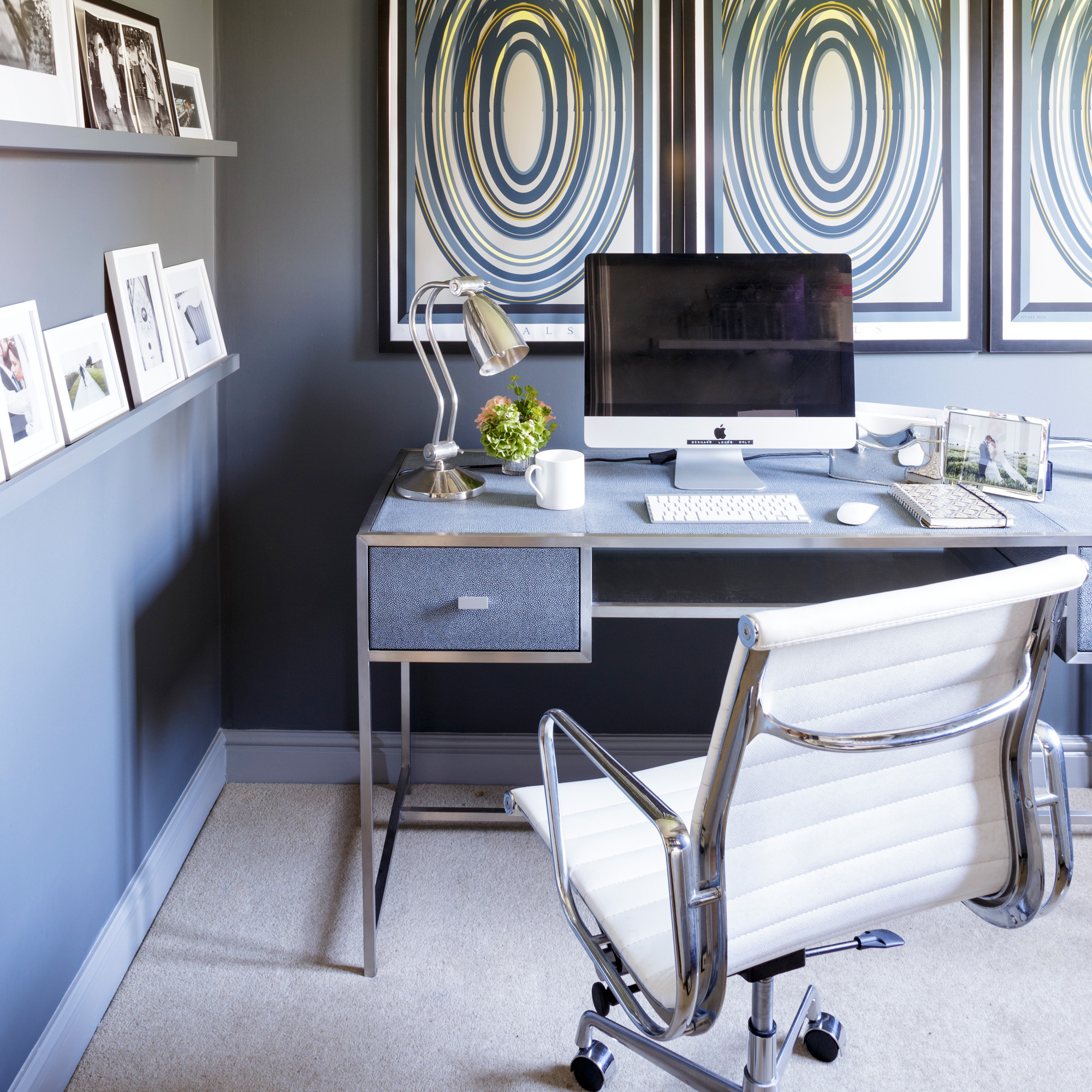
Every ISP differs in the parental controls they offer. Most offer a variety of security that you can tailor to the children in your household.
For instance, Virgin Media’s Child Safe function allows you to set timers and block specific websites entirely.
Sky’s Broadband Shield can be set to different age ratings (PG, 13, or 18), as well as block sites. You can also set this to relax to 18+ in the evenings, when you know your kids are asleep in bed.
And while EE offers a standard service with its broadband package, if you pay extra for the brand’s Smart Home Hub, you have the added flexibility of setting different levels of security for different children on specific devices. You can also pause (and unpause) their access to Wi-Fi completely whenever you choose.
Talk about it
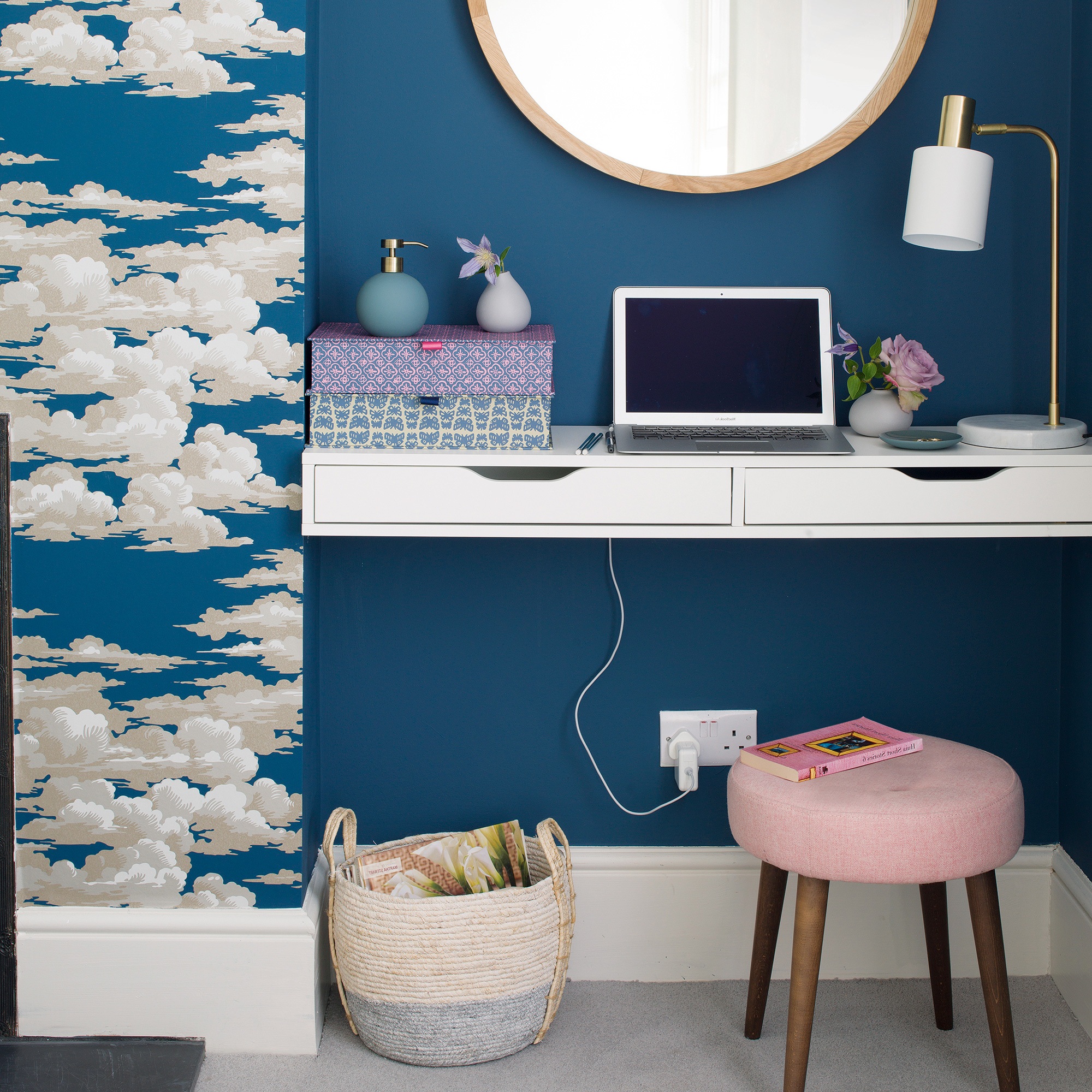
Children are now online from a young age, so online safety is addressed in schools as part of the curriculum.
While you may not be as computer-savvy as your kids - and let’s face it, who is? - it’s still essential to discuss the dangers and why you have decided to limit their access at home.
Ask them what they like to do and watch online, what sites they usually visit, and how they stay safe, when accessing content and on social media. For more information or help on how to broach the subject with your children, check out the NSPCC’s advice on keeping children safe online.
For more information, Internet Matters - a not-for-profit organisation set up by the UK’s leading ISPs - offers advice to parents regarding online safety for children.

Ginevra Benedetti has been the Deputy Editor of Ideal Home magazine since 2021. With a career in magazines spanning nearly twenty years, she has worked for the majority of the UK’s interiors magazines, both as staff and as a freelancer. She first joined the Ideal Home team in 2011, initially as the Deputy Decorating Editor and has never left! She currently oversees the publication of the brand’s magazine each month, from planning through to publication, editing, writing or commissioning the majority of the content.